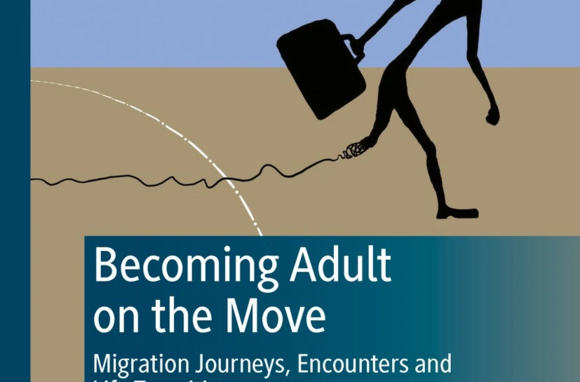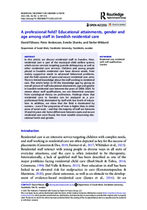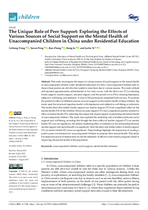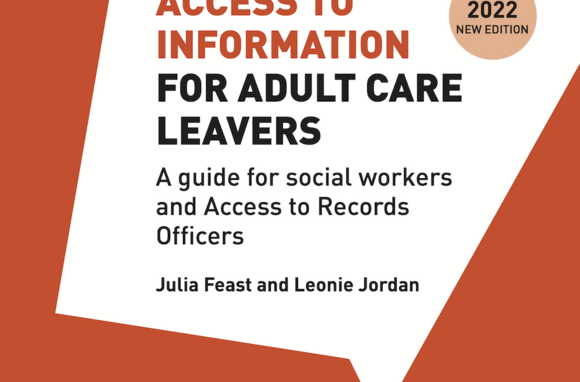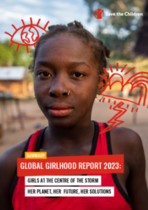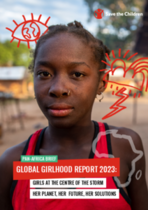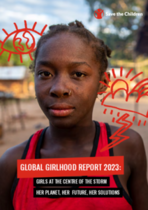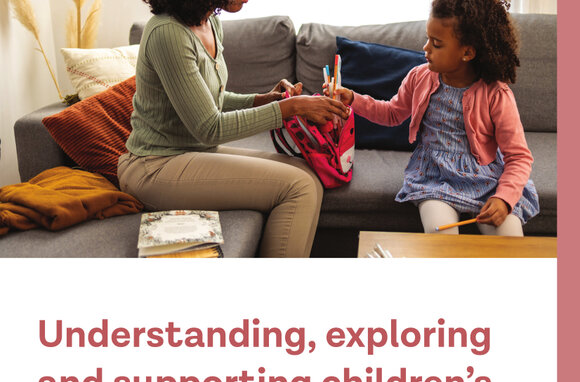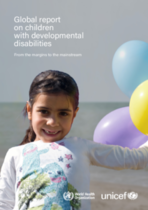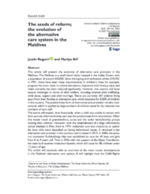Becoming Adult on the Move: Migration Journeys, Encounters and Life Transitions
This edited collection situates the migration of children and young people into Europe within a global framework of analysis and provides a holistic perspective that encompasses cultural media, ethnographic research and policy analysis. Drawing on a unique study of young unaccompanied migrants who subsequently became ‘adult’ within the UK and Italy, it examines their different trajectories and how they were impacted by their ability to secure legal status.

